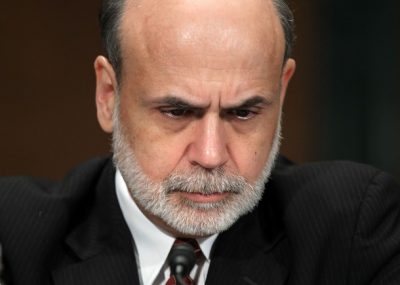First, the speed of recovery between October and March in both the US and China was abnormal and unsustainable. Second, the sovereign debt crisis in Europe, while having limited direct impact on economic activity in the US and China, seriously affected confidence in these countries. Third, both the Fed and the People’s Bank of China (the PBOC) engaged in withdrew a portion of monetary stimulus at the beginning of this year.
Still, at least for now, a double dip scenario still looks highly unlikely due to four important factors supporting growth. First, financial conditions in both the US and China remain favourable, and, both the Fed and PBOC recently reiterated their intention to maintain loose monetary policy. Second, domestic demand appears steady around the world. Third, the inventory cycle is not yet over and may still add to growth performance in the coming quarters. And, finally, the balance sheets of households and corporate entities already improved significantly, evidenced by deleveraging in the US.
Of course, there are still serious risks facing the world economy. One such factor is the housing market in both the US and China, including home prices, available credits and housing demand. If housing markets turn down sharply, this could seriously dampen economic activity.
Beyond the next several quarters the world economy may experience a historical transition toward slower growth and higher inflation.
One consequence of the global financial crisis is a sharp deterioration of fiscal conditions worldwide. In the early 1980s, only about five per cent of countries had fiscal deficits greater than ten per cent of GDP. This proportion dropped to zero in the 1990s and early this century. But it is now above 45 per cent. In the US, for instance, the debt/GDP ratio is already above 90 per cent. Historically, a high debt burden would produce a significant decline in GDP growth and a corresponding increase in inflation rates (a common rule of thumb is that when the debt ratio is above 90 per cent, GDP growth falls by four percentage points while CPI rises by six percentage points, compared to a baseline debt ratio below 30 per cent). If history repeats, we are likely to see much slower growth and higher inflation in the US.
In China, the government has been focusing on structural adjustment in order to sustain rapid growth. But most policy efforts failed to cure the problem of debt to GDP. In fact, the imbalance problems have worsened sharply during the past seven years. Now there is no way for China to delay its structural reforms. A key adjustment, which is already occurring, is the liberalisation of factor markets, which will probably push up production costs, raise inflation rates and weaken economic activity on the margins. Such adjustment is necessary. China’s growth may shift to a lower gear but it should certainly become more sustainable.
We should expect the possibility of a new world economy with slower growth and higher inflation. The shape of this world economy will have significant impacts on consumers, businessmen and policymakers.
Yiping Huang is professor of economics at the China Center for Economic Research at Peking University and the Crawford School, ANU.

